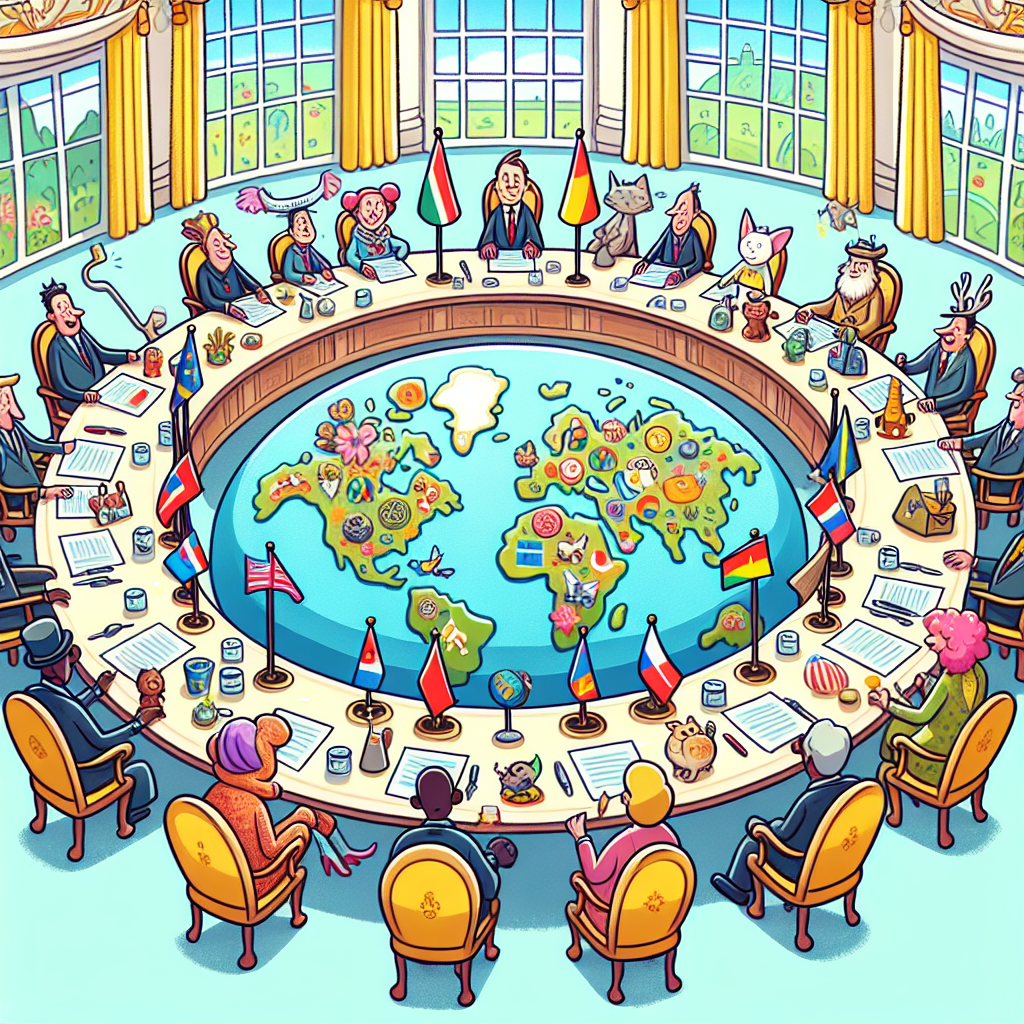Russia's Hybrid Warfare Raises Stakes for NATO's Article 5
Germany's foreign intelligence chief warns that Russia's sabotage actions may lead NATO to invoke Article 5, mandating mutual defense. Moscow's hybrid warfare tactics and growing military potential pose increasing threats. Experts doubt if NATO would act decisively, fuelling risks of future confrontation.

The head of Germany's foreign intelligence service has issued a stern warning that Russia's increasing acts of sabotage against Western targets could push NATO to consider invoking its Article 5 mutual defense clause. This warning comes amidst rising tensions and Moscow's escalating aggression, both cyber and on-ground, across the Euro-Atlantic region.
Speaking at a Berlin event, Bundesnachrichtendienst chief Bruno Kahl highlighted the growing risk of potential military confrontation, noting the bolstered strength of Russia's battle-proven troops. The irony, he pointed out, is the doubt within Moscow about whether NATO would indeed act on Article 5 if necessary.
Kahl suggested that rather than grabbing territory, Russia's strategy might focus on undermining NATO's unity and effectiveness. He emphasized that provocative actions, like utilizing hybrid measures or deploying troops under claims of defending Russian minorities, could be tests of NATO's resolve and readiness to defend its members.
(With inputs from agencies.)










